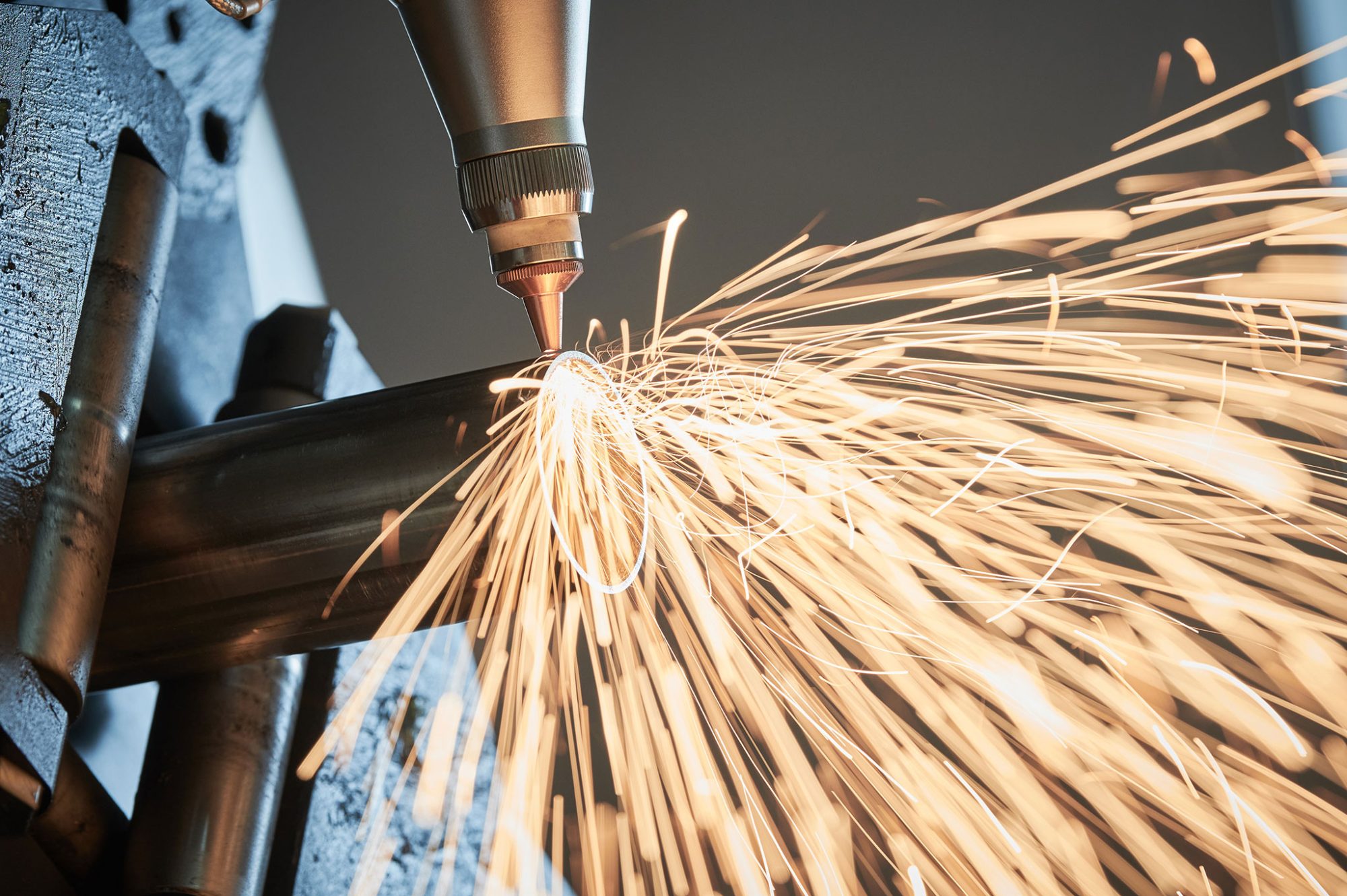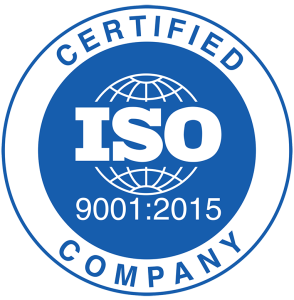 We are known as the leading ERW steel tube supplier West Midlands has. As a result, it is our job to ensure every customer leaves with top quality utensils. To do this, we have processes in place to confirm that tubes are the right size and shape. Whatever you need, we have an extensive collection of tubing available.
We are known as the leading ERW steel tube supplier West Midlands has. As a result, it is our job to ensure every customer leaves with top quality utensils. To do this, we have processes in place to confirm that tubes are the right size and shape. Whatever you need, we have an extensive collection of tubing available.
Stainless steels include a host of alloying elements. These will be there according to the composition and specific grade. We want to give you a better idea of what some of these bring to the table. To do so, we will be going over them in this post.
Carbon
We will begin with carbon (C). You must add this to iron to create steel. It also has the effect of amplifying the strength and hardness. You cannot strengthen or harden pure iron via heat treatment. But, adding in carbon allows for an extensive range of strength and hardness.
Manganese
Secondly, we have manganese (Mn). We add it to steel so we can enhance strength and improve hot working properties. At the same time, it will augment the hardenability and toughness. Similar to nickel, it is an austenite forming element. Due to this fact, it has been utilised as a substitute for it in numerous austenitic stainless steels.
Titanium
Next on the list is titanium (Ti). Producers add it to stainless steel for the purpose of carbide stabilisation. This is particularly important when you go to weld the substance. It merges with carbon to create titanium carbides. These are very stable and difficult to dissolve. Ultimately what this does is prevent inter-granular corrosion. Adding around 0.25/0.60% titanium is all it takes.
Chromium
We also want to talk about chromium (Cr). You add it to steel so you can increase its resistance to oxidation. Stainless steels possess a minimum of 10.5%. This provides a high level of general corrosion resistance when you compare it to steels with lower Cr %. The corrosion resistance is thanks to the creation of a self-repairing passive chromium oxide layer on the steel’s surface.
Phosphorus and Sulphur
Usually, you would add phosphorus (P) and with sulphur (S) to enhance important characteristics. The first improves strength. As for the latter, small quantities also amplify machinability. Come to us if you need help from the finest ERW steel tube supplier West Midlands has.
Nickel
For nickel (Ni), it is added in big quantities, roughly over 8%, to high chromium stainless steels. This is to form the most essential class of heat and corrosion resisting grades. Additionally, it improves oxidation resistance considerably.
Niobium
Manufacturers add niobium (Nb) to steel to stabilise the carbon. Thus, it performs in the same way as titanium. Something else it has is the effect of strengthening alloys and steels for high temperature service.
Silicon
Some people are surprised to find that silicon (Si) can be added too. But, it serves an important purpose as a deoxidising agent in steel melting. Because of this, most steels include a small amount.
Nitrogen
The effect of nitrogen (N) is increasing the austenite stability in stainless steels. It is also an austenite forming element. Yield strength great increases when you add nitrogen to stainless steel, as does the wear and fatigue resistance.
Learn about tubing with the best ERW steel tube supplier in the West Midlands
At Union Steel Tubes, we use our experience and talent to provide every client with top tier products. To guarantee quality, we test every tube before we distribute anything. If they get approval, we will deliver items to you rapidly.
So, if you need aid from the finest ERW steel tube supplier West Midlands has, feel free to contact us. You can ask us questions, get recommendations, and rely on us to give you the perfect tubing.


